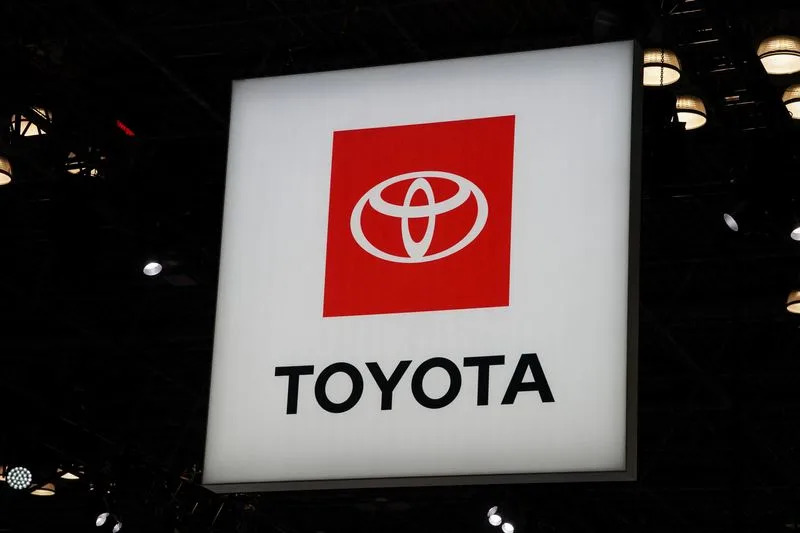By Juby Babu and Kantaro Komiya (Reuters)
Toyota’s Expansion into Space Sector Continues with Strategic Investment
In a significant move, Toyota’s research unit will be investing in the Japanese startup Interstellar Technologies (IST) to support mass production of its rockets. This strategic investment marks an expansion of Toyota’s foray into the space sector.
Details of the Investment
IST has announced that Woven by Toyota, a subsidiary building a "city of the future" in Japan with autonomous driving technology, will invest approximately 7 billion yen ($44.4 million) in IST through the first close of its Series F funding. This investment is part of a capital and business tie-up between the two entities.
As a result of this partnership, Woven by Toyota will appoint a director to IST’s board. Additionally, Woven will support rocket production by strengthening supply chains and corporate governance. According to IST, this collaboration will enable the company to focus on its core competencies while leveraging Toyota’s expertise in manufacturing and operational efficiency.
Background on Toyota’s Space Ambitions
This announcement follows Toyota Chairman Akio Toyoda’s speech at the CES trade show in Las Vegas on Monday, where he provided updates on the company’s experimental Woven City project. Announced in 2020, Woven City aims to create a futuristic city in Japan that showcases cutting-edge technologies such as autonomous driving.
In his speech, Toyoda emphasized that the future of mobility should not be limited to Earth or just one car company. He also mentioned the company’s exploration of rockets: "Speaking of the sky, we’re exploring rockets too." This statement underscores Toyota’s commitment to expanding its presence in space.
Toyota’s Lunar Rover Project
Toyota is actively involved in several projects related to space exploration. The company is building a lunar rover with Japan’s space agency that can carry astronauts on the moon’s surface as part of the NASA-led Artemis program. This project highlights Toyota’s ambition to play a significant role in space exploration and development.
The Commercial Space Industry
Over the past decade, the commercial space industry has experienced rapid growth, led by companies such as Elon Musk’s SpaceX. The acceleration of this trend is evident in various aspects, including private investment, government initiatives, and technological advancements.
In Japan, startups like IST have been actively participating in the development of rockets and satellite technology. IST became the first Japanese company to send a commercially developed rocket into space in 2019. However, its orbital launcher, Zero, remains under development.
IST’s Rival Space One Faces Challenges
Meanwhile, IST’s rival Space One attempted a second flight of its orbital rocket Kairos last month but unfortunately experienced a launch failure. Despite this setback, Japan continues to prioritize the development of its space industry, with an ambitious goal of launching 30 rockets annually by the early 2030s.
Government Support for Japanese Space Startups
The Japanese government aims to establish Asia’s leading space hub and has provided subsidies to startups like IST and Space One. The government envisions a robust space industry worth approximately 8 trillion yen, demonstrating its commitment to supporting the growth of Japan’s space sector.
Timeline of Key Events:
- 2020: Toyota announces Woven City project.
- 2019: IST becomes first Japanese company to send commercially developed rocket into space.
- [Current year]: Toyota Chairman Akio Toyoda gives updates on Woven City and mentions exploration of rockets at CES trade show in Las Vegas.
Key Players Involved:
- Interstellar Technologies (IST)
- Woven by Toyota
- Japan’s space agency
- Space One
Investment Figures:
- 7 billion yen ($44.4 million) investment from Woven by Toyota in IST
- 8 trillion yen target for Japan’s space industry
